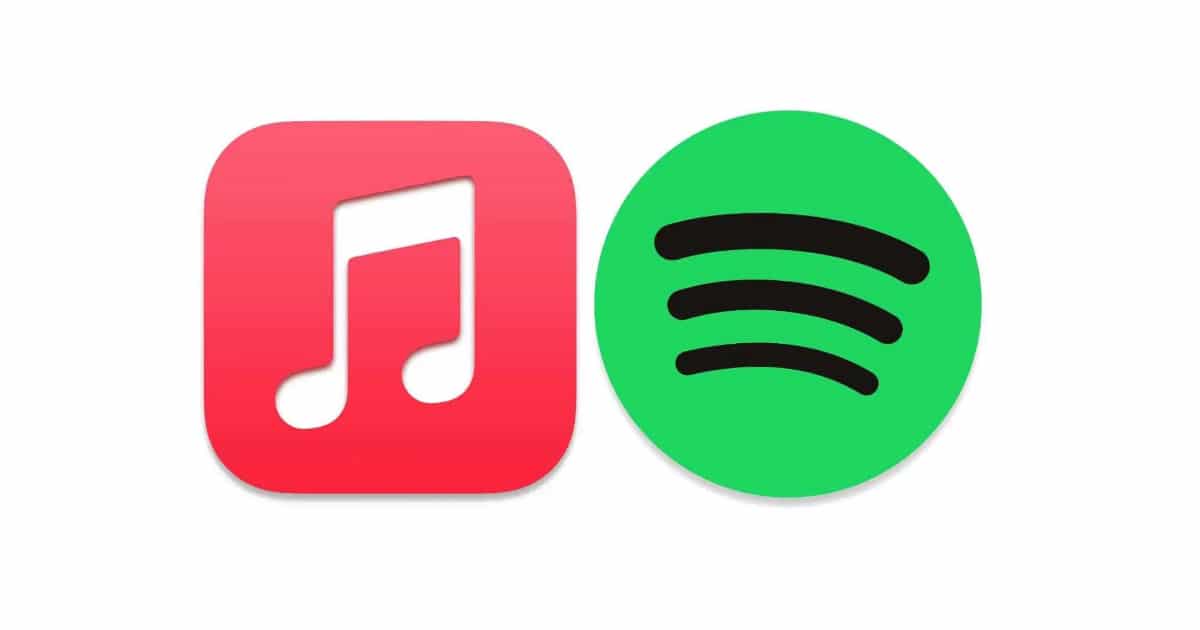The European Commission’s looming €500 million fine against Apple for anti-competitive practices in music streaming intensifies the already heated battle between Apple and Spotify. This decision reignites a long-standing conflict, revealing the intricate power dynamics and regulatory challenges within the industry.

Apple defends App Store fees amid Spotify antitrust fight
The current conflict between Apple and Spotify originated in 2019 when Spotify filed a complaint with the European Union (EU) against Apple’s App Store policies. Spotify alleged that these policies hindered competition by unfairly favoring Apple’s own music streaming service, Apple Music. A key issue for Spotify was Apple’s 30% fee on App Store purchases, which applied to music streaming subscriptions.
The crux of the conflict is Apple’s tight control over its App Store ecosystem. Spotify argued that Apple’s policies hindered its ability to compete fairly, particularly by restricting its ability to inform users about alternative subscription options outside the App Store. This limitation, Spotify contended, gave Apple Music an unfair advantage in the marketplace.

In response to Spotify’s allegations, Apple vehemently defended its practices, asserting that Spotify enjoyed significant success on its platform without paying any commission fees for app distribution. Apple highlighted Spotify’s dominant market share and emphasized the numerous benefits it provided to the streaming service, including access to Apple’s APIs, beta testing platform TestFlight, and engineering support. Apple shared the following statement with MacRumors:
We’re happy to support the success of all developers — including Spotify, which is the largest music streaming app in the world. Spotify pays Apple nothing for the services that have helped them build, update, and share their app with Apple users in 160 countries spanning the globe. Fundamentally, their complaint is about trying to get limitless access to all of Apple’s tools without paying anything for the value Apple provides.
Spotify counters that its success comes despite Apple’s “artificial advantage” through preferential treatment of Apple Music.
Spotify’s success has happened despite Apple’s best efforts to gain an artificial advantage by favoring their own music service at every turn while placing roadblocks and imposing unfair restrictions on ours. Under their current rules Apple controls Spotify’s access to its own customers and gives Spotify one of two untenable options: We either have to deliver a poor user experience where we can’t directly communicate how to buy or subscribe to Spotify on iPhones or we have to accept a 30% cost disadvantage against our biggest competitor. This is not a level playing field. We support the European Commission and trust that they will take action soon to create a fair ecosystem for everyone involved.
While the EU’s €500 million fine represents a significant penalty, it falls short of the initial multibillion-dollar proposal, leaving the long-term outcome uncertain.